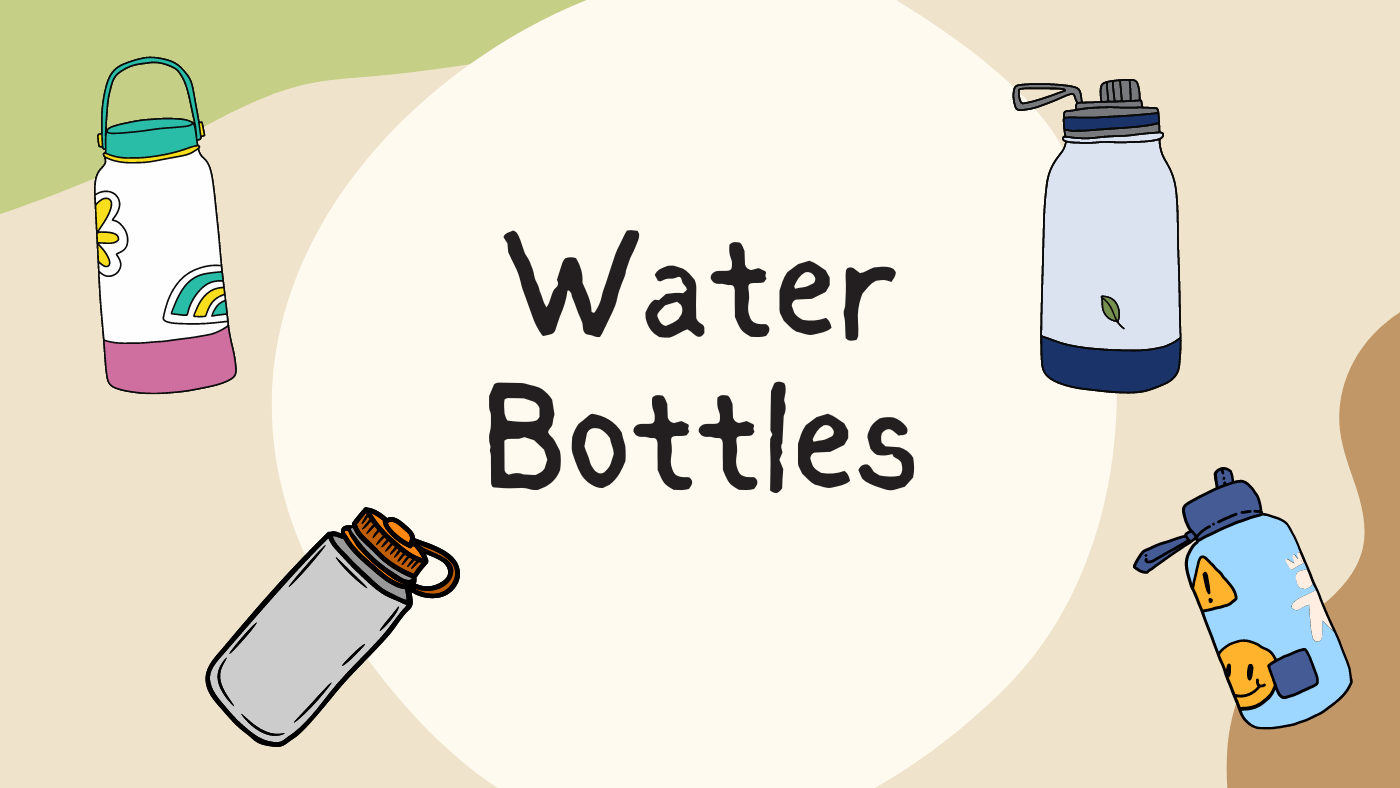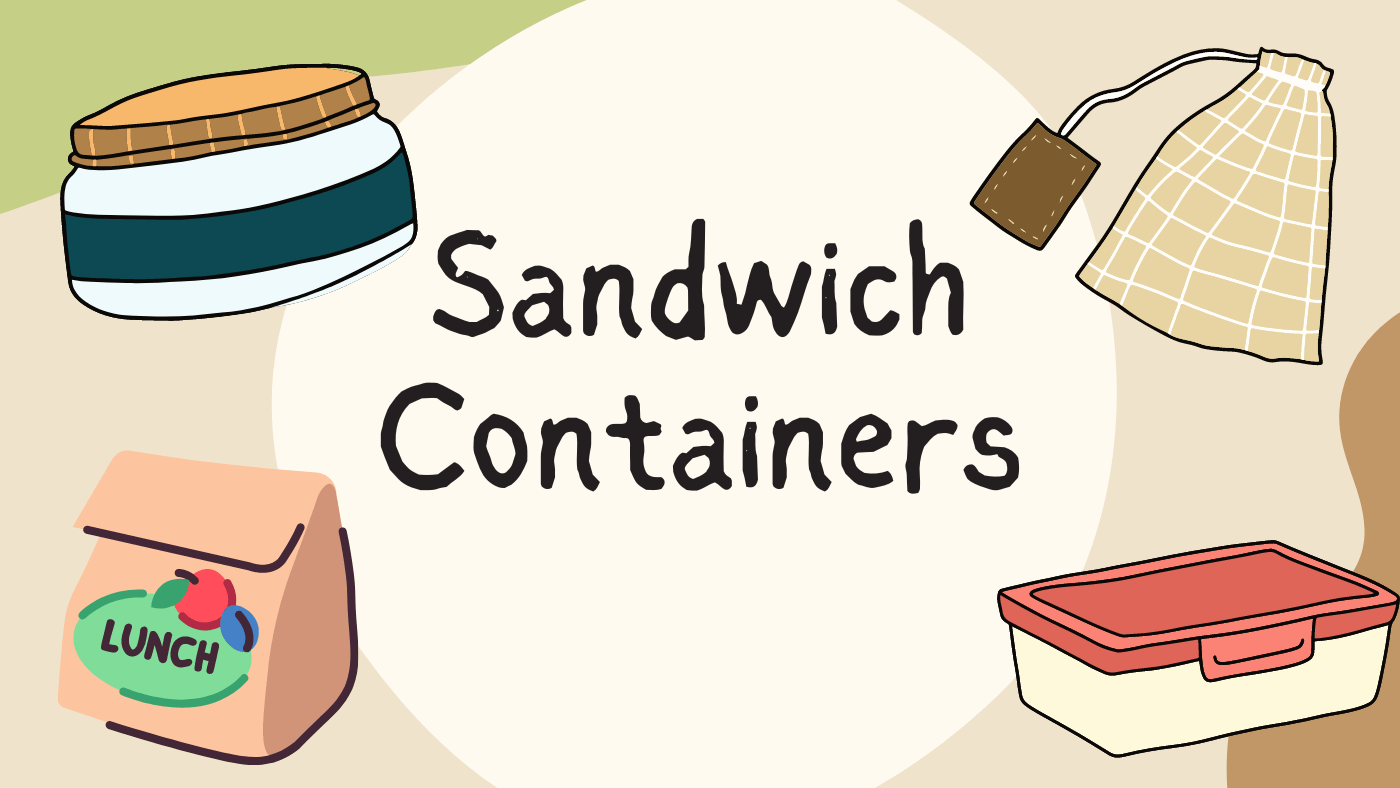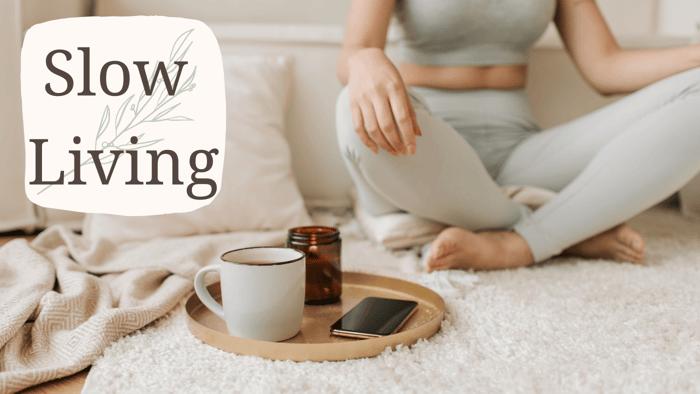Plastic swaps are at the forefront of everyone’s minds when it comes to environmental waste and becoming more sustainable. When thinking about the deterioration of our oceans and earth, the first thing that comes to mind is piles of non-degradable plastic water bottles, bags, and more, harming wildlife and contributing to rising waste levels. Choosing eco-friendly alternatives to plastic and choosing an alternative to single-use plastics, is one way to combat that.
Over time, plastic has inflicted significant damage on the environment. The amount of plastic waste generated annually has skyrocketed to approximately 400 million metric tons, with 10 million tons making their way into the oceans. But it's not just an environmental problem; it's also becoming a major health issue. Extensive research has revealed the alarming presence of harmful chemicals that frequently seep into our water and food, causing health problems related to reproductive development and fertility.
Plastic Swaps
It's officially Plastic Free July, a month where you can choose to make a difference in your community by challenging yourself to say no to single-use plastic. If you’re wondering how to do your part and work towards a cleaner, healthier planet this month, here are some easy plastic swaps you can make in your life.
Water Bottles
The first offender—water bottles. With a surplus of companies producing and selling water packaged in sleek and easy-to-carry bottles, excess waste has also increased. And while many choose bottled water because of contaminated water sources, there is still a sustainable solution.
Combat plastic bottle waste by choosing your very own reusable water bottle. With a reusable bottle, you can protect yourself from the health dangers of plastic and help clean up the environment by reducing your carbon footprint. A sustainable water bottle will save you money too. Some water bottles even come with a filter inside.

Grocery Bags
Next on the list are bags. Landfill waste is sprinkled with plastic grocery bags. They’re often a problem for local wildlife, affecting terrestrial animals, and oceans where flora and fauna can become entangled.
It’s common to leave the grocery store with tons of plastic bags strung over your arms, but swapping out the plastic for something more sustainable is quite easy. Many businesses offer paper bags to replace plastic, but reusable tote bags are another option. The only issue here is remembering to bring them each time you go to the grocery store. Pro tip: leave them in your car!
Sandwich Containers and Saran Wrap
A lot of plastic in most homes and stores is often found in the packaging for food and groceries. While it can be hard to combat products that come packaged with plastic, there are still eco-friendly alternatives that you can use within your home.
Switch plastic sandwich Tupperware with stainless steel and glass storage containers for your produce. These last longer and won’t stain as quickly as plastic containers. This swap will also decrease the amount of toxic chemicals in your food and are dishwasher safe. Plastic saran wrap can be abandoned for the better choice of beeswax wrap, bowl covers, and oilcloth.

Plastic utensils
Plastic utensils and straws, can be replaced by a variety of spoons, forks, and knives made of other materials which mimic single-use plastic.
Bamboo tableware is popular because of its price and availability. Stainless steel is also a great way to be eco-friendly, save money, and stay healthy. Why not try out some recycled and compostable brands that generate less environmental damage.
Everything Else
There isn’t just a handful of items that can be replaced to solve the solution of too much plastic. Chances are other nondegradable products exist in your home as well. Finding these items to replace them with products that include zero plastic makes a good impact on the environment.
Your toothbrush, wet wipes, and even tea bags can be replaced with better, non-plastic alternatives. Finding these small, single-use plastic products that you might be missing and replacing them with wooden, recyclable, and compostable alternatives will bring sustainability into your daily life.
Eco-friendly alternatives have come a long way and continue to develop with even more biodegradable choices. Being conscious about the plastic alternatives that you choose may not seem like a big difference, but it’s a small step that can make a large impact on how much our future environment can change. Take action this Plastic Free July and say yes to a sustainable lifestyle that will benefit you and the planet.
Want to know everything going on in natural health and beauty? Sign up for BVU's newsletter. You can also follow along on Instagram and Facebook.




